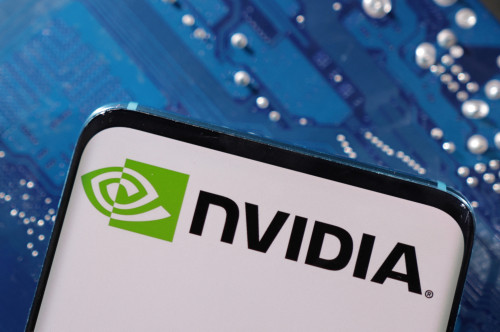
(Justin Vaughn, Editor, Options Trading Report)
A Troubled Week… the market stuttered from a “global technology outage” crippling companies’ worldwide. Add in a major selloff of techs, chip stocks and market favorites, and you have indexes that shed major capital. The Nasdaq Composite, laden with heavy techs, fell 0.8% Friday, losing a concerning 3.6% for the week. The S&P 500 lost 0.7% with nearly all sectors negative. The blue chip Dow Jones Industrial Average lost 377 points, 0.9% on Friday, and showing a small gain for the week. CrowdStrike “the provider of malware and virus protection” had ”filed an update that caused outages for millions of users of Microsoft Windows.” United States exchanges were not affected, with all indexes able to feed information. It was a tough finish for the week that saw much pivoting by investors, ditching big techs for safer value stocks. The Russell 2000 was the beneficiary, rising 1.7%, beating all three rival indexes. Callie Cox, chief market strategist at Ritholtz Wealth Management said: “everything else but the tech rally” has room to run. “If rate cuts are still in the near future, the inflation data keeps cooling and the job market stays strong, I wouldn’t be surprised to see this everything-else rally run further,” she said. The 10-year Treasury yield edged higher to 4.238% from 4.188% on Thursday. Bitcoin finished Friday at $67,235 up 6% and showing renewed interest amongst cryptocurrency investors.
After a dismal week with President Biden bowing out of the Presidential race and the assassination attempt on GOP frontrunner Donald Trump, investors and traders were strong buyers Monday, as all indexes surged higher. The S&P 500 and Nasdaq Composite were up 1% and 1.6% respectively. The Dow Jones Industrial Average was moderately up 137 points or 0.3%. Chipmakers and the Magnificent 7 all showed slight gains with market ‘gurus’ hoping for a continuation of the hesitant bull. Bets on a Biden successor focused on his Vice President, Kamala Harris, although several Democratic stalwarts are poking their heads up. Republicans are now favored to win the Presidency and have a good chance to take the House and Senate. Tuesday was a different story as second quarter earnings were on investors’ minds, several large banks and large market favorites showed weaker earnings and slowing growth. As all three major indexes lost ground, again the Russell 2000 edged up 1%. The smaller cap value index has attracted major funds as investors pivot and take profits from high tech, chip makers and of course the Magnificent 7 and high flyers, to safer havens.
Wednesday’s selloff was severe….the Nasdaq Composite suffered its worst day since 2022, down 3.5%, off 654 points. The S&P 500 off 2% while the Dow Jones dropped 500 points. The Magnificent 7 lost another $750 Billion in value now down over $1.3 Billion in the recent selloff. Treasuries remained stable with the 10-year note at 4.240%. Oil demand has softened, as price per barrel has fallen to the $79.96 level. Falling demand worldwide, and a glut of surplus oil as major oil producers have saturated markets is harnessing prices. Copper, a once metal in demand has fallen from favor, dropping the past 7 days, hovering at $4.12 a pound. Demand for copper from Electric Car Manufacturers and home builders has slowed, as EV sales are soft and home starts are stifled by high interest rates.
RUMBLINGS ON THE STREET
Smead Colton Grant, chief investment officer at BNY Wealth, WSJ “While the dominance of techs has made sense, for the rally to extend, we think it is healthy for the rally to broaden.”
John Kirby, spokesman for the National Security Council, said, WSJ “Gershkovich is simply being used as a bargaining chip along with Whelen.”
John Belton, a portfolio manager at Gabelli Funds, WSJ “We are definitely past the euphoria stage of this [AI] trend,” he said. “It’s now time to see some real tangible results.”
Lawrence Yun, NAR’s economist, [speaking of home prices] WSJ “We are seeing more inventory, but we are not seeing increased sales,” he said. “We may be moving away from a sellers’ market towards balance, and may be entering a buyers’ market.”




